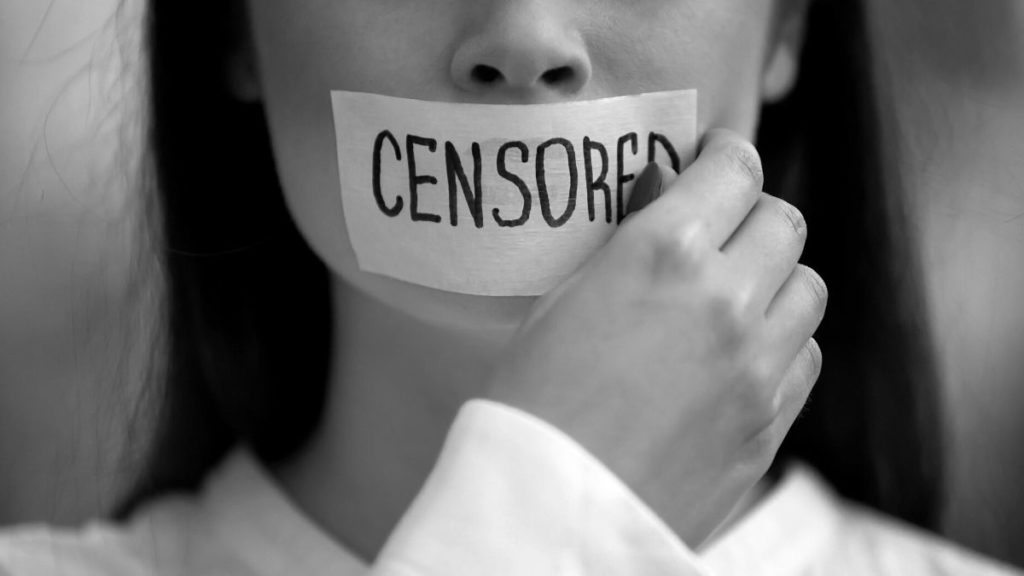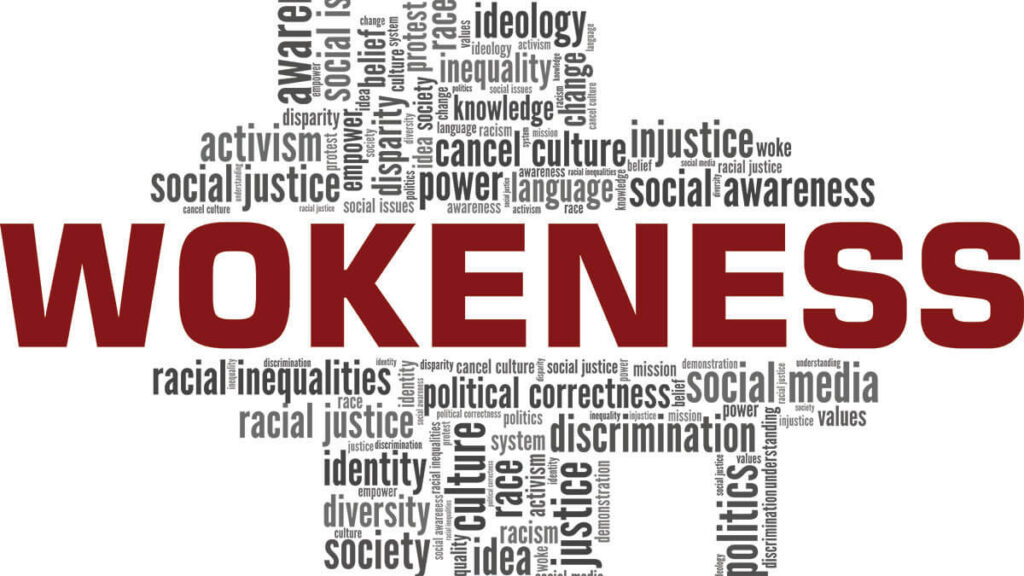8 July 2021
Bruce Logan is a board member of Family First NZ
No matter how the government wants to spin it, hate speech legislation is hateful. It is the tool of the totalitarian who thinks he knows what is best for the rest of us. Hate speech legislation is the poisoned embryo of hypocrisy heralding the end of Liberty.
Excessive? Let me explain.
The alleged catalyst for the legislation, the Christchurch terror attack, was neither a consequence of having no hate speech legislation nor will hate speech legislation stop such an attack in the future. Indeed it is quite possible that the imposition of hate speech legislation would be more likely to increase an attack because of its unsolicited control over what people say and think. Open dialogue moderates; ideologically driven censorship enflames.
Prompted by the Christchurch terror attack the Prime Minister wants to make religion a protected category under hate speech law. Such a desire only makes its own particular kind of sense if one misunderstands history and the democratic process.
It is critical that in any democracy religion can be criticised, satirised and ridiculed. I’m a Christian and I welcome criticism, satire and ridicule providing I have the freedom to respond.
And we are confronted with a double whammy. Progressivism, with its trinity of diversity, inclusion and tolerance along with its doctrine of self-creating dignity, is developing into a civil religion establishing its own new rules of blasphemy.
Hate speech legislation is hateful because it pretends to be what it is not. That is, it pretends to be about the protection of individuals integrity without any clear idea of what that protection or integrity might be. Not one government representative, including the Prime Minister and the Minister of Justice, has broached anything like either a clear definition of it or a reason for it.
Watching a recent television interview of the Minister of Justice trying to explain hate speech legislation was embarrassing. His waffle confirmed the reality. Hate speech legislation wants to enter the legal world without any legal definition. No matter how much consultation takes place hate speech legislation will remain what it is, a controlling mechanism pretending to be balanced and fair.
Hate speech legislation is hateful because it presumes it can understand the complexities of human motivation. It will in its vain attempt to understand that motivation always increase its range of operation. It’s compendium will swell as time goes by. And it will do that because right speech, right thought, will be the government’s to decide.
Never, well maybe hardly ever, does a government give up power willingly. In New Zealand we expect elections every three years. However, with the advent of hate speech legislation it becomes much easier for the government to control what can or cannot be said. Clear vision essential to healthy democracy is clouded over by the blurred ideological cataracts of personal offence.
Hate speech legislation will normalise hypocrisy. It will not only make the government a hypocrite but it will also entice the citizens, whose conscience they would control, to be cowards. Too many of us will find ourselves locked into an unwilling self-censorship. Few will be brave enough to say what they believe and social media trolls, encouraged by the legislation, will have a field day dobbing in those who offend them.
Hate speech legislation will mutate family relationships and friendships because it will create and continue to reinforce an atmosphere of suspicion. And it does that by giving the right of moral judgement to the state while taking it from the individual in the family.
While it might be excessive to say that hate speech legislation in New Zealand will bring about the kind of situation that existed in the Soviet Union or under the CCP today the seeds are there.
Among many others, the Ministry of State Security (Stasi) in the German Democratic Republic should be a salutary model. For 40 years people lived in fear because they were not able to say what they believed; one person in 11 was an informer. It’s unlikely that New Zealand will become like the old German Democratic Republic any time soon. Nevertheless hate speech legislation prepares the way.
Hate speech legislation is the opposite of what was intended by the United Nations Declaration of Human Rights. The Declaration depends on a belief that the ultimate authority for human rights exists outside the power of the state. Indeed it was the desire to discover that authority in the legal confusion after the Second World War that gave rise to the Declaration.
Hate speech legislation by its nature of its evolving definition recognises no universal authority. It is the authority. The legislation demands continuous government rejigging to discover the level of its criminality; legal activism on stilts. The utopian egotists who believe that they “have a whole new world to build” will exchange those imaginary chains that bind us for real ones.




